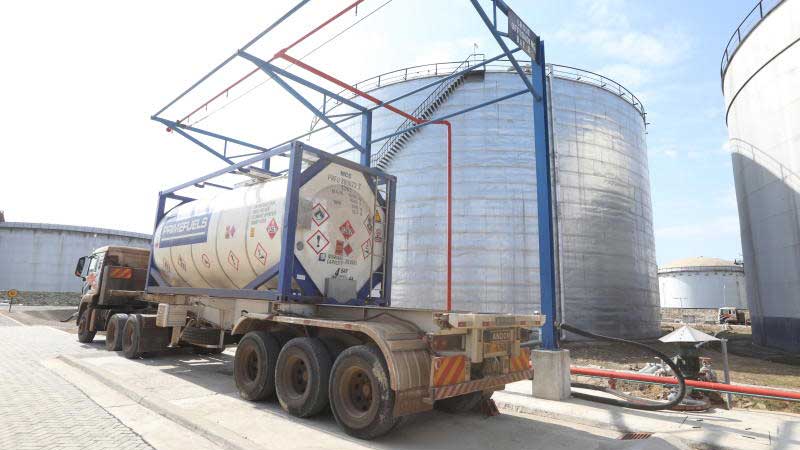While the African Energy Chamber has a fundamental belief that we have to let the market work for itself, it encourages African countries that have engaged petroleum operators and local service companies to find ways to relieve the burden on exploration programs and local companies.
The Chamber considers this of great importance as with the coronavirus and the low oil price, it anticipates that operators and services companies will be hard hit.
At present, Africa stands to lose over $110bn in taxes, petroleum exports, jobs, and contracts to local companies over the next three months. And, companies are already taking a hit on their exploration programs and have to find ways to raise capital to successfully drill wells.
Extensions are needed to ensure that these companies maintain success in the near term and OPEC member states need to immediately engage with the leaders of Saudi Arabia and Russia to ensure that oil markets are not oversupplied.
As a possible solution to these growing issues, African governments should consider imposing immediate cancellations or postponements of tax payments for a period of up to three months for African owned service companies, indigenous exploration and production companies, and all international and local companies working on exploration programs.
“It is a hard time for African oil and gas. And if the oil price does not see a hike soon, there is a likelihood that a lot of jobs will be lost in many petroleum producing countries and, those who were expecting to see first oil soon will be heavily impacted,” stated NJ Ayuk, Executive Chairman of the African Energy Chamber and CEO of Centurion Law group. He added that, “final investment decisions, new field developments and gas projects also stand to see delays or cancellations which will have a massive effect on many African businesses and communities who view the industry as an opportunity to move from poverty to the middle class.”
This, the African Energy Chamber believes will help employers pay employees and improve their liquidity and reduce some of the losses in revenue while preventing job losses. African players were already strained by low profits and difficultly accessing capital for oil and gas projects. Should the price war continue, many marginal field producers will likely go out of business, exploration programs will be halted, licensing rounds will fail and the majors will have to make the difficult decisions of scaling back operations.





